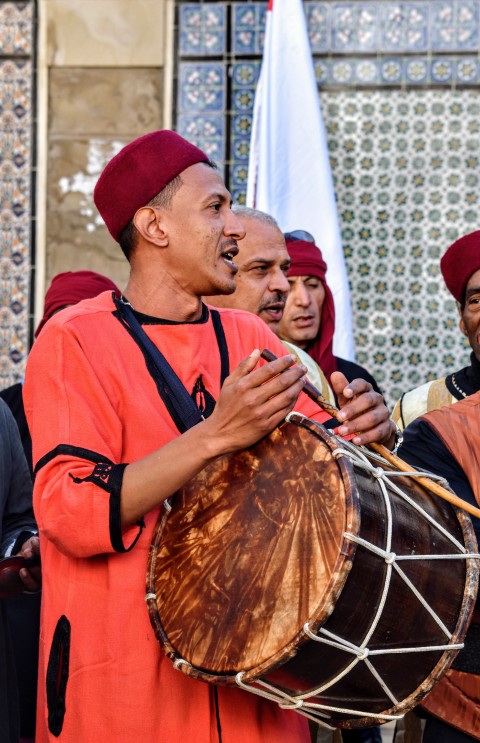How Tunisia's Sufis have withstood attack by hard-line Islamists
Salafism, a puritanical strand of Islam originating in Saudi Arabia, has sought to take over mosques and communities since the country’s 2011 revolution.

(The Christian Science Monitor) “La ilaha ill-Allah, La ilaha ill-Allah,” the men, young and old, chant as they rock rhythmically, pressing wooden prayer beads through their hands.
“There is no God but God,” they repeat, every syllable rolling into the next without breath. Minutes go by, hours.
Such recitations, a pillar of Sufism, are reserved by some communities for special holidays. In Tunisia, they are part of a weekly or daily routine. Across the country, neighborhoods and towns are named after Sufi saints, and most Tunisian families can trace their lineage to a Sufi saint or holy person.





